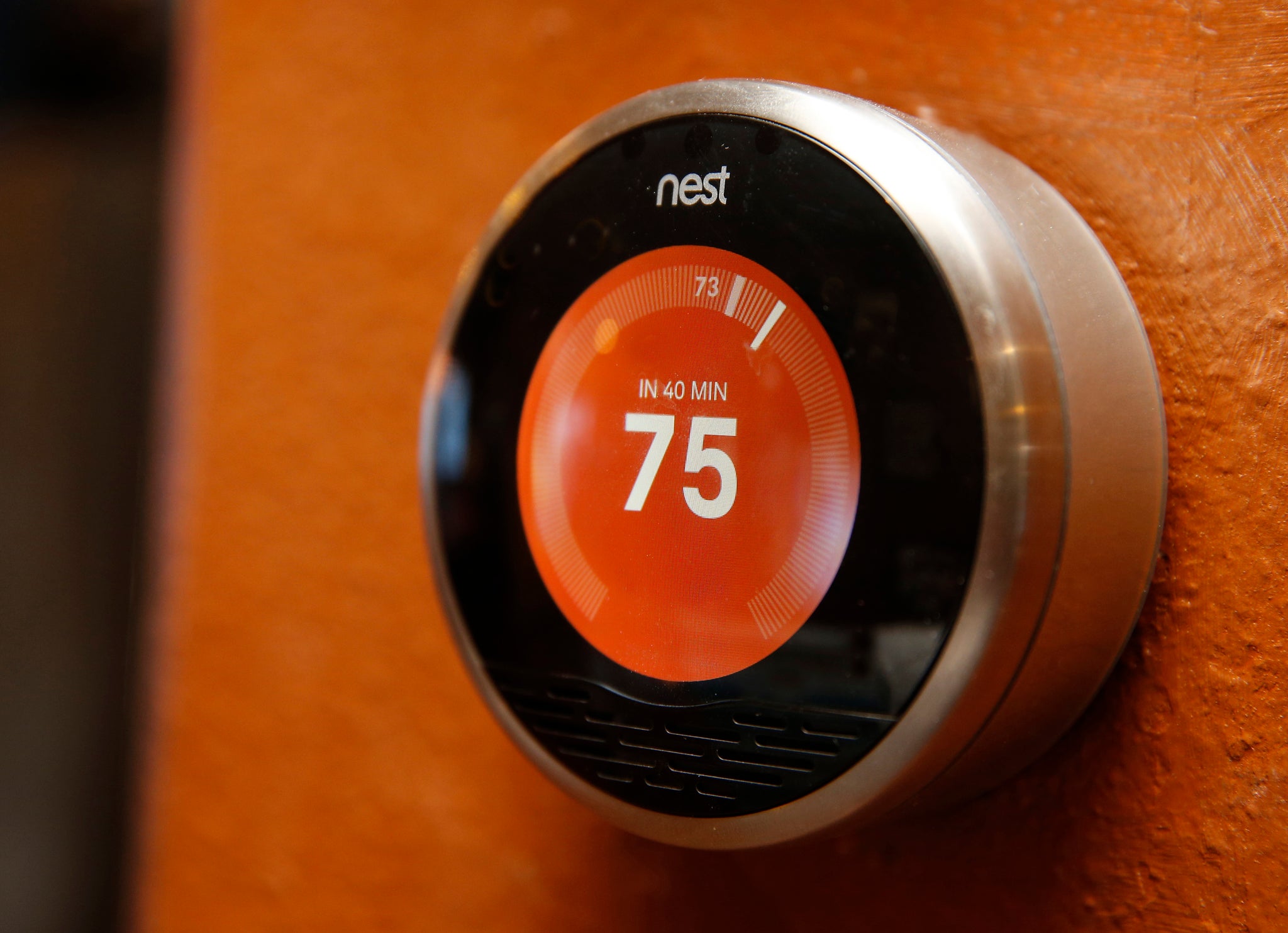Google throws its internet-enabled hat into the ring with new industry standard Thread
New guidelines for connected devices join three other pacts, consortiums and frameworks attempting to control the smart home

One of the biggest challenges facing the connected home is getting all our new internet-enabled locks, thermostats and smoke alarms to talk to one another. If you can’t convince your printer and your PC to get along what will you do when your smartphone snubs your oven?
To answer this dilemma, Google-owned Nest Labs have announced a new collaboration with Samsung and more than a dozen other tech companies to launch Thread – a new compatibility standard for the internet of things.
Nest’s well-received products (designed by iPod creator Tony Fadell) already support Thread, and the company has partnered with Mercedes-Benz, Whirlpool and light bulb maker LIFX to integrate their products.
However, this isn’t the first ‘industry-wide’ standard launched by ambitious manufacturers, in fact, it’s not even the second or the third. In what is terrible news for consumers, the fledgling internet of things market is already swamped with competing alliances offering their own take on ‘the operating system of everything’.
So far Thread has two major rivals: the Open Interconnect Consortium, which is backed by Intel, Dell and Samsung (again); and the AllSeen Alliance which counts Microsoft, Cisco and chip-manufacturer Qualcomm among its members.
Staying above the fray in its ivory-white tower is Apple, a company known for the strict control it exerts over its products that has announced its own technical framework known as HomeKit (although the company's online store offers Apple-approved products from the likes of Philips and Withings as well as Google-owned Dropcam and Nest).
Despite the minimum exposure that the average consumer has had to the internet of things, industry analysts expect this massive grid of connected devices to eventually reach some 200 billion appliances by 2020.
Although companies won’t directly charge consumers to use their standard, Google has already proved the benefit of becoming the default gateway for a class of devices, with the company’s dominant Android operating system funnelling hundreds of millions of smartphone users to Google services every day.
So far there’s no way to guess which standard will win out, but manufacturers are likely to continue declaring alliances, pacts and consortiums until one group eventually gains too much momentum to be stopped.
The tech world has seen this play out many times before with vairous format wars (eg HD-DVD vs Blu-Ray and VHS vs Betamax) and it's likely to be years before everything settle sinto a workable consensus. Most consumers won't take much notice of this but the confusion is only going to put people off. Really, the big tech companies have only themselves to blame.
Subscribe to Independent Premium to bookmark this article
Want to bookmark your favourite articles and stories to read or reference later? Start your Independent Premium subscription today.

Join our commenting forum
Join thought-provoking conversations, follow other Independent readers and see their replies